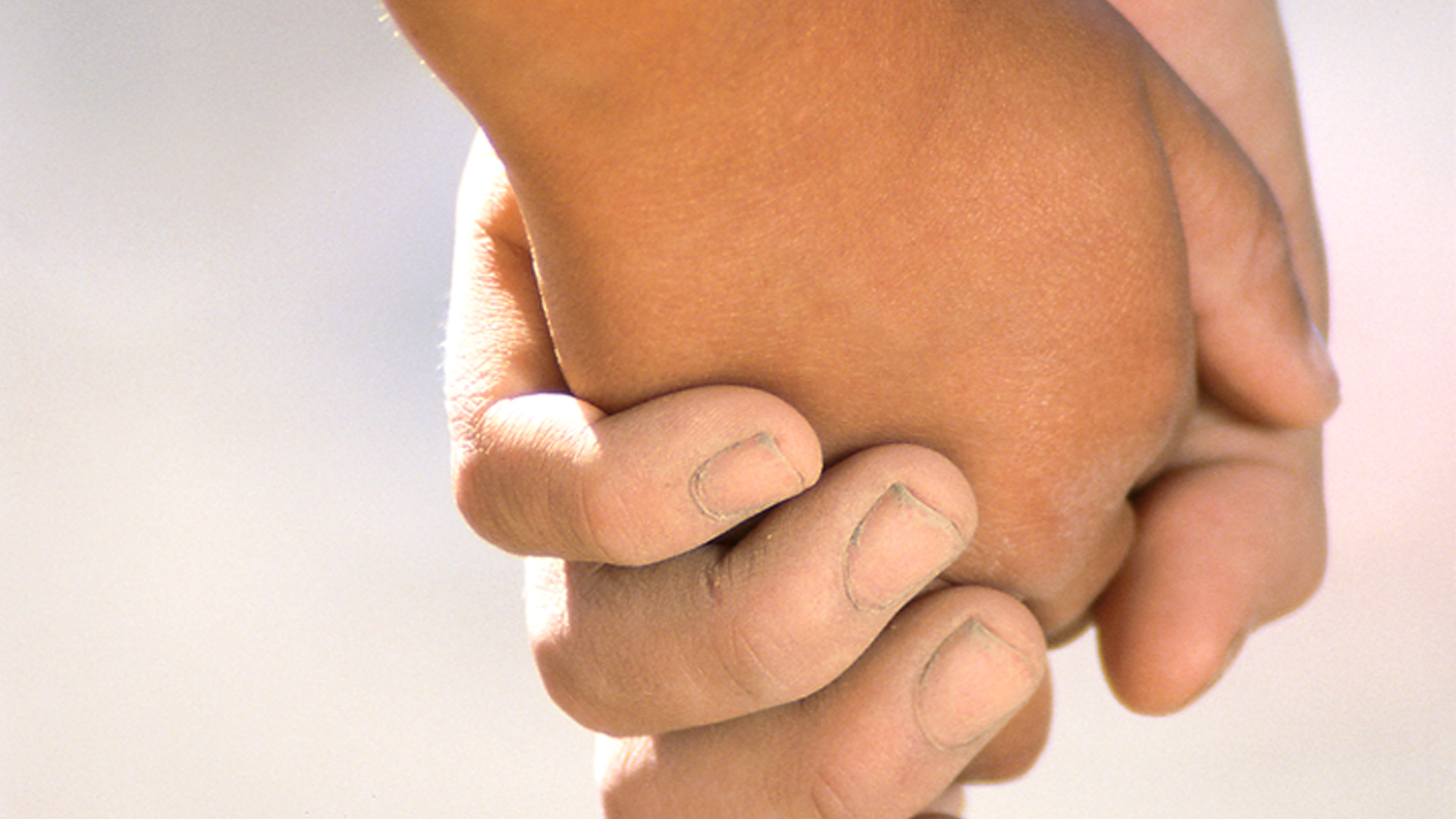Have you ever re-gifted a present? Have you ever ripped one of your music CDs and given it as a gift to a friend? Have you ever won tickets to an event you weren’t interested in and given them to someone as a present? I guess what I’m asking is, have you ever done something for someone where on the surface it looked like you made an effort, but in reality it cost you nothing? What if you found out that someone close to you did that to you? How would that make you feel? I bet you’d feel as if the gift was really no gift at all because a true gift should cost the giver something. David knew that, and he was not about to provide God with a sacrifice that demanded nothing of himself. He was not about to give God a gift that was really no gift at all. It says in Second Samuel chapter 24, verse 24:
“But the king replied to Araunah, ‘No, I insist on paying you for it. I will not sacrifice to the Lord my God burnt offerings that cost me nothing.’”
Earlier, we learn that David went to Araunah to buy his threshing floor so that he could build an altar to the Lord in an effort to stop a plague on his people. Out of kindness, Araunah offered it to King David for free along with animals to burn as offerings to the Lord. But David knew that a sacrifice, or a gift, to God is not any gift at all if it cost him nothing. What are you offering to the Lord? Are you claiming that you are doing something for God, but in reality it is more for yourself? Or are you offering God something that is of no value to you as if you are doing him a favor? God doesn’t need our money, he doesn’t need our time, and he actually doesn’t need our love. But it is to our benefit that he desires these things from us. We can honor God by giving him, or sacrificing something, that is of value not only to the kingdom, but to us. I would encourage you to think about what you are doing in God’s name. Examine any ministry work you do, or any money that you are donating in his name. Are you doing it for him, or for yourself? Are you doing the ministry work with the wrong motives? Are you doing it to get closer to someone you like? Are you doing it to seem more important to those around you? Are you doing it because you’re getting paid to do it? If so, are you really doing it for God? In your financial giving, are you doing it to be thanked or praised by others? Would you still give if there were no tax write off, or free air miles attached to your gift? If so, are you really doing it for God? We all need to examine our motives when serving God, because we should never choose to offer God a sacrifice that costs us nothing.
---
There are times when we do something in God’s name, it results in a win/win; the kingdom for which we are ministering gets something out of it, and we also get something out of it. I don’t think there is any inherent problem if that were to happen. But if that is a determining factor as to whether we would do it or not, we might want to ask ourself if it is really for God. It could’ve been a win/win for David to accept the free plot of land along with the free animals for the sacrifice. After all, he gets what he needs with no effort and God gets what he “needs”. But God is more concerned with our heart than our sacrifice. In fact God says in First Samuel that “obedience is better than sacrifice, and submission is better than offering the fat of rams.” So I would encourage you to avoid shortcuts when it comes to God. Whatever you do for him, do it with all of your heart, without desiring anything in return. That is the heart of a true servant.





